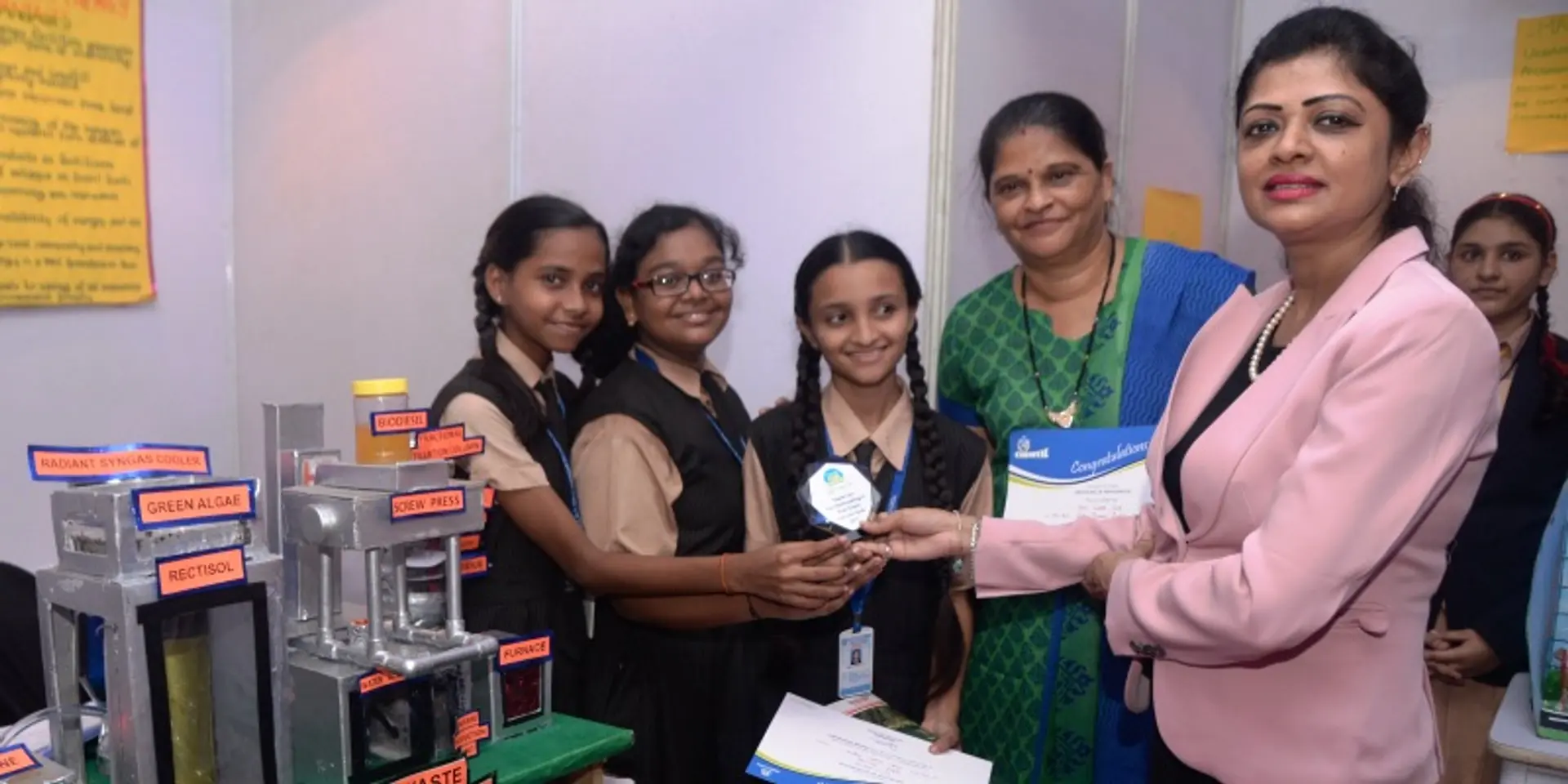This initiative for students has sensitised 1.5 Cr people, saved 2.1 Cr units of power
‘Tata Power Club Enerji’, Tata Power’s national school outreach programme started in 2007, is highlighting the importance of conserving power and propagating efficient usage of energy.
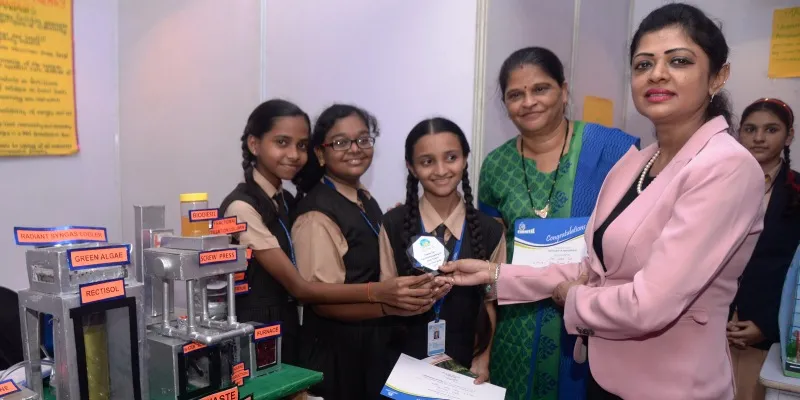
How it all began
With demand for energy ever increasing, its effective management and conservation is the need of the hour. Taking consideration of this, Tata Power has started the Tata Power Club Enerji (TPCE), an energy and resource conservation club focused on bringing realisation of the energy crisis in the country, and the scarcity of natural resources.
“Children are the most important facilitators of change as they truly implement ideas and concepts taught in schools in the right spirit and enthusiasm. With this, they also ensure that their families follow good habits. They were the perfect group to muster the change we were looking for,” says Shalini Singh, Head - Corporate Communications, Tata Power.
Club Enerji maintains that children are the best ambassadors of change, and has reached out to schools across the country to sensitise students on the sensible use of energy.
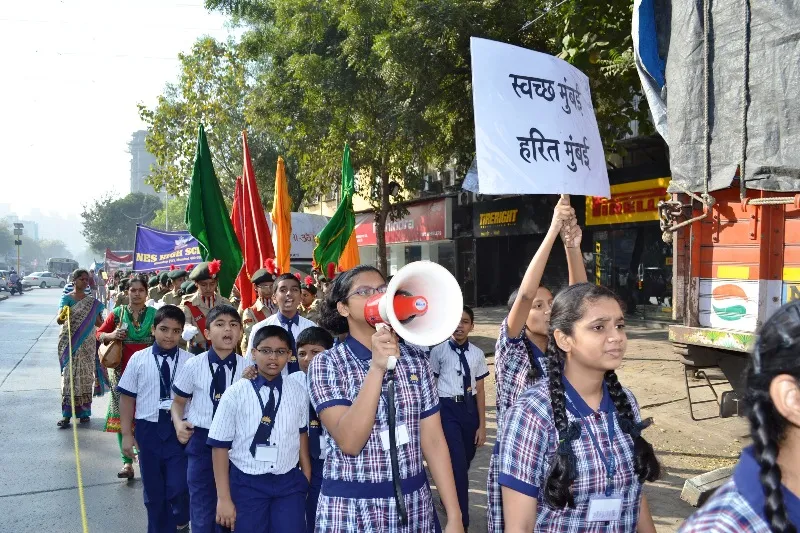
Constant growth
Club Enerji started out with a pilot programme in 2007, with 12 schools in Mumbai, sensitising 6,000 students. The strong initial response and encouragement led to the team to cover 28 schools across Mumbai and Belgaum the following year. However, 2009 was when Club Enerji took a big leap, turning into a national movement when it approached over 250 schools across Mumbai, Delhi, Pune, Ahmedabad, Bengaluru, Kolkata, Belgaum, Jamshedpur and Lonavala on the subject of energy conservation.
Shalini says, “Early successes like the inclusion of resource conservation modules and the moral and civic values propagation modules in the programme widened the scope of Club Enerji in early 2011. Also, the session on ‘Combating Climate Change’ that caused the head of ICICI Foundation granting us Rs 50 lakh to scale the initiative nationally are factors that have caused us to push harder. But challenges were equally part of the movement.”
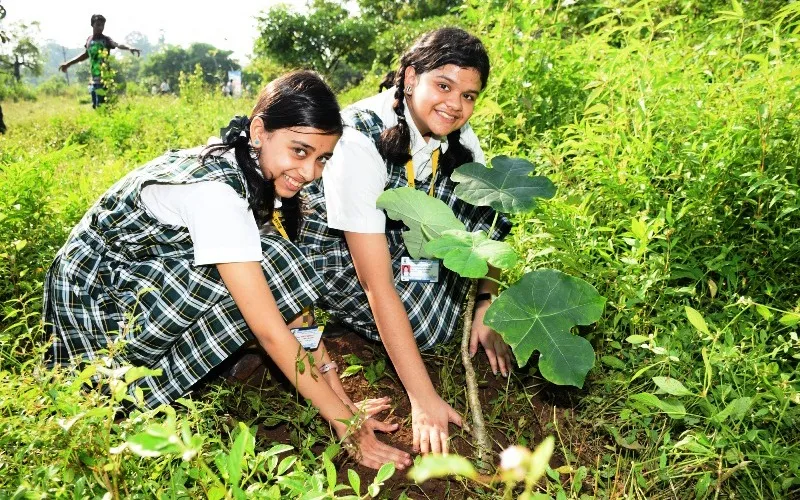
Channeling the challenges
When the programme was first launched, the team realised that teaching school children requires different skills. Teachers were recruited from an NGO to teach children with support from external grants, but once the initiative grew, monitoring it and ensuring the quality standards were maintained, became a daunting task.
“Tata Power formulated an appropriate strategy to put the entire structure in place. It was an incredibly tedious exercise from the conceptualisation as there were no existing examples to deploy resources, structure and monitor them,” says Shalini.
“Now, the programme structure is in place that keeps evolving according to the need. Over the years, Club Enerji has embedded proper quality checks and developed a base of volunteer members to monitor the sessions through regular visits and to make the initiative self-sustainable.”
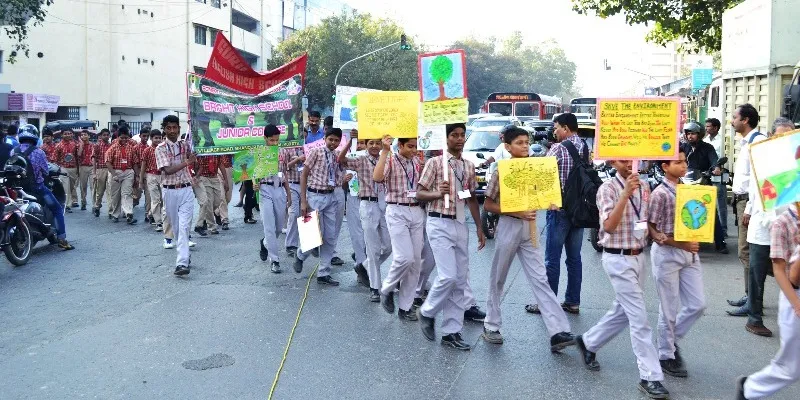
Scaling the initiative was another challenge, but expanding the programme in the locations where Tata Power is not operational was the team's priority. To find a solution to this, TPCE launched a Mini Enerji club programme with anywhere between five and 25 members. Once a school could run the initiative on its own, the team would move on to the next school. Further, to keep children engaged in the conservation programmes, Club Enerji’s team also devised the concept of bringing in new conservation themes every year.
Creating a chain reaction
The larger goal of the TPCE programme is helping children become responsible citizens who follow, and propagate moral and civic values. “TPCE provides the ground to youth to share and expand their understanding, and bring about a chain reaction that can significantly help in conserving natural resources, thus contributing to nation-building,” says Shalini.
Club Enerji follows a four-pronged approach to implement its objectives, wherein the organization guides its members and helps in developing a self sustained community. It starts off by educating and sensitising students from the third to the tenth grade on energy conservation through innovative modules, including audio visuals and presentations. The programme also focuses on advanced training sessions for students and mentors.

“The children are enrolled in the ‘power kids league’. It comprises of a series of workshops, and promotes students to interact and learn from professionals, participate in various activities and learn about the technical aspects related to energy.”
Practical tips to save energy and conserve resources are also shared during these sessions. “In order to keep our students engaged and encouraged to follow the programme, we have energy audits where students are asked to submit their energy bills at the start of the programme. These bills are considered as baseline bills. They are taught how to read their bills and implement energy saving methods,” Over the next four months, the bills are monitored and based on the reduction of electricity usage, the children win the title of ‘Energy Champions’. Additionally, they are also awarded and recognised by the company.
In the last two phases of engagement and empowerment, members of the Mini Club take the message of energy conservation through street plays, rallies and celebratory conservation events. The club, finally, educates children not only about energy conservation, but also exposes them to the bigger picture by educating them on ‘resource conservation.’
“The programme stands for fuel conservation, afforestation, waste management, energy conservation, disaster management and active citizenship,” says Shalini.
Expanding goodness
Over the last 10 years, Club Enerji has become a national movement covering more than 500 schools, and having sensitised over 15 million citizens to save more than 21 million units of energy. It has also helped build over 1500 self-sustaining Mini Energy Clubs. By launching an online module, it has also reached international geographies like the Philippines, UAE, the US, UK and South Africa and newer Indian cities like Chandigarh, Hyderabad and Chennai.
On how the experience has opened up his world to important issues, Aryan Ughade, a student of class nine from Pawar Public School from Mumbai says, “The fact that I get numerous opportunities to sensitise my schoolmates and the general public in my locality is the biggest motivating factor. Moreover, conservation activities have made me more aware of my duties and responsibilities as well as my contribution towards a greener planet.”
Club Enerji is now looking to contribute towards active citizenship, disaster management preparedness, and nation building by creating responsible citizens who will focus not only on conserving energy and natural resources, but also imbibe civic and moral values.


